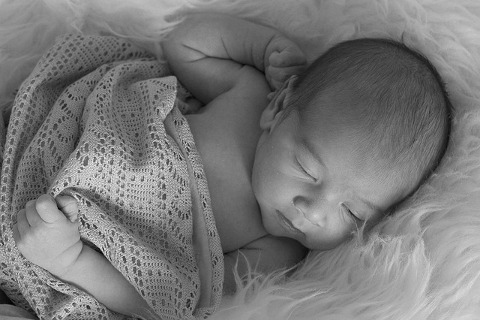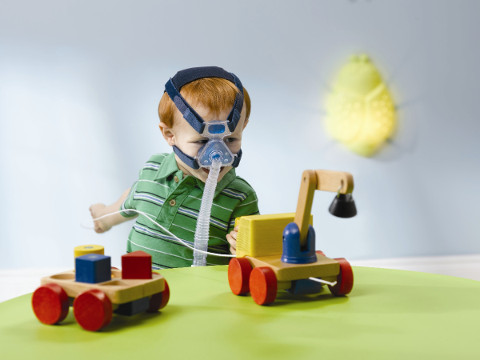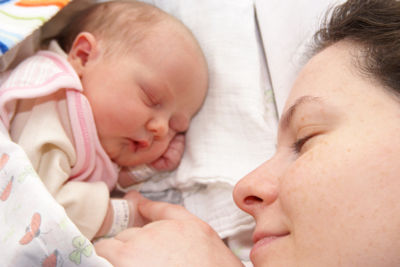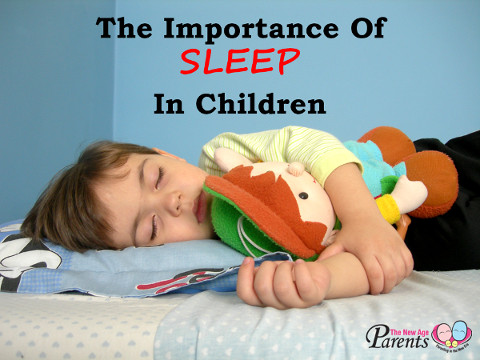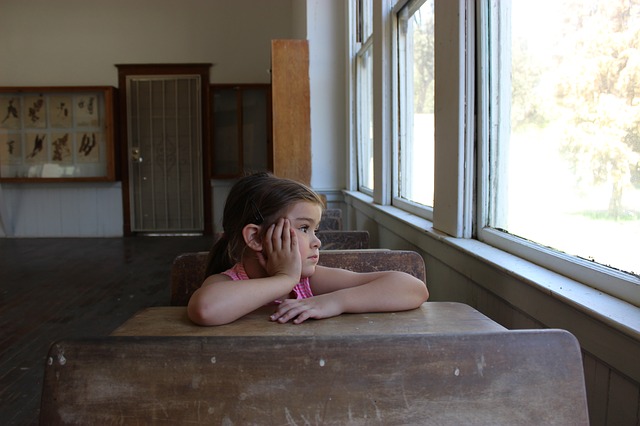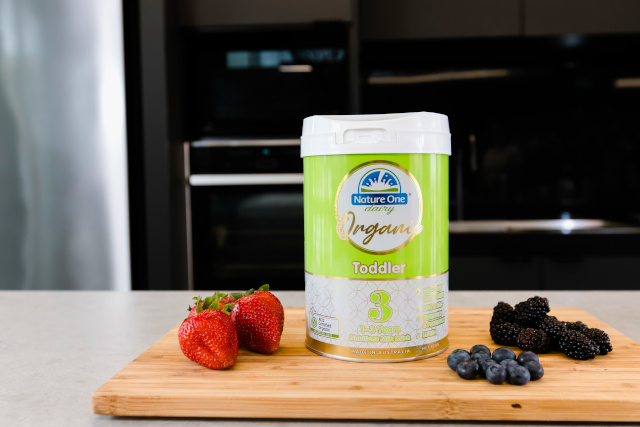Sleep or lack of sleep, has a great impact on the academic performance of a child or adolescent. In the last seven years, more than 30 studies have shown that shortened total sleep time, erratic sleep/wake schedules, fragmented sleep, late bedtimes, wake-up times and poor sleep quality are associated with poorer school performances (Buckhalt, Wolfson, & El-Sheikh, 2009). It’s important to set your child up with good sleep habits early on.
What are the normal sleeping times and wake up times in the middle of the night?

Snooze timetable
|
Sleeping hours: 4 months – 12 years old |
|
| 4 months – 1 years of age | 12 – 16 hours (including naps), with 9 – 10 hours at night and the remaining amount in 3 – 3½ naps |
| 1 – 2 years old | 11 – 14 hours (including naps), with 9 hours at night and 1 – 2 hour nap |
| 3 – 5 years old | 10 – 13 hours (including naps), with 1 nap of about 0 hours to 1½ hours |
| 6 – 12 years old | 9 – 12 hours, no nap |
Source: http://bit.ly/235hHO0 American Academy of Sleep Medicine, June 13, 2016.
|
Wake up times at night |
|
| Birth to 16 weeks | 1 to 5 times a night |
| 16 weeks to 4 months | 2 times a night |
| 4 months to 6 months | 1 to 2 times during the night |
| 6 months to 9 months | 0 to 1 time during the night |
After 9 months a child should no longer be waking for any reason especially feeding.
If your child is having a hard time waking up in the morning, ask yourself if you have a consistent bedtime 7 days a week. If you are constantly changing the bedtimes during the week or putting your child to bed later on weekends, this will affect your child’s wake time. Also if your child doesn’t know how to fall asleep 100% on their own, they are more likely to wake up during the night to seek some comfort from you, in the form of patting, bouncing, feeding or rocking.
How you put your child to sleep at night can also cause night waking. If your child wakes up a lot during the night, they will have a hard time getting up in the morning. A lot of night waking will result in a tired child.
➡️ Related Read: Sleepy Bubba – A Better Night’s Rest For You and Your Child
What can I do?
Make sure that you establish good sleep hygiene at an early age. This means having a regular bedtime that is age appropriate and respects the amount of time the child needs to spend in bed. Establish a consistent and repeatable bedtime routine at a young age so that going to bed is fun and not a battle. Make sure your child knows how to fall asleep unassisted so that by one year of age they are sleeping through the night without waking (sleeping through the night is considered 9 ½ hours in a row). Finally, control the wake time in the morning. By controlling the waking time in the morning your naps and bedtime will become predictable.
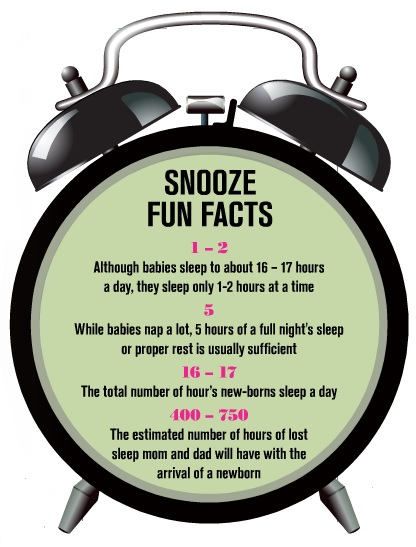
By Tammy M. Fontana from All in the Family Counselling.
Ms. Fontana is the founder and therapist for Babysleepfairy, helping parents manage their children’s sleep through an evidence-based approach of sleep and sleep training. She has been doing sleep consulting for more than four years, both to families in the U.S and in Singapore. Ms. Fontana is also a relationship counselling expert.
This article was first published in The New Age Parents online magazine.
* * * * *
Like what you see here? Get parenting tips and stories straight to your inbox! Join our mailing list here.
Want to be heard 👂 and seen 👀 by over 100,000 parents in Singapore? We can help! Leave your contact here and we’ll be in touch.



































